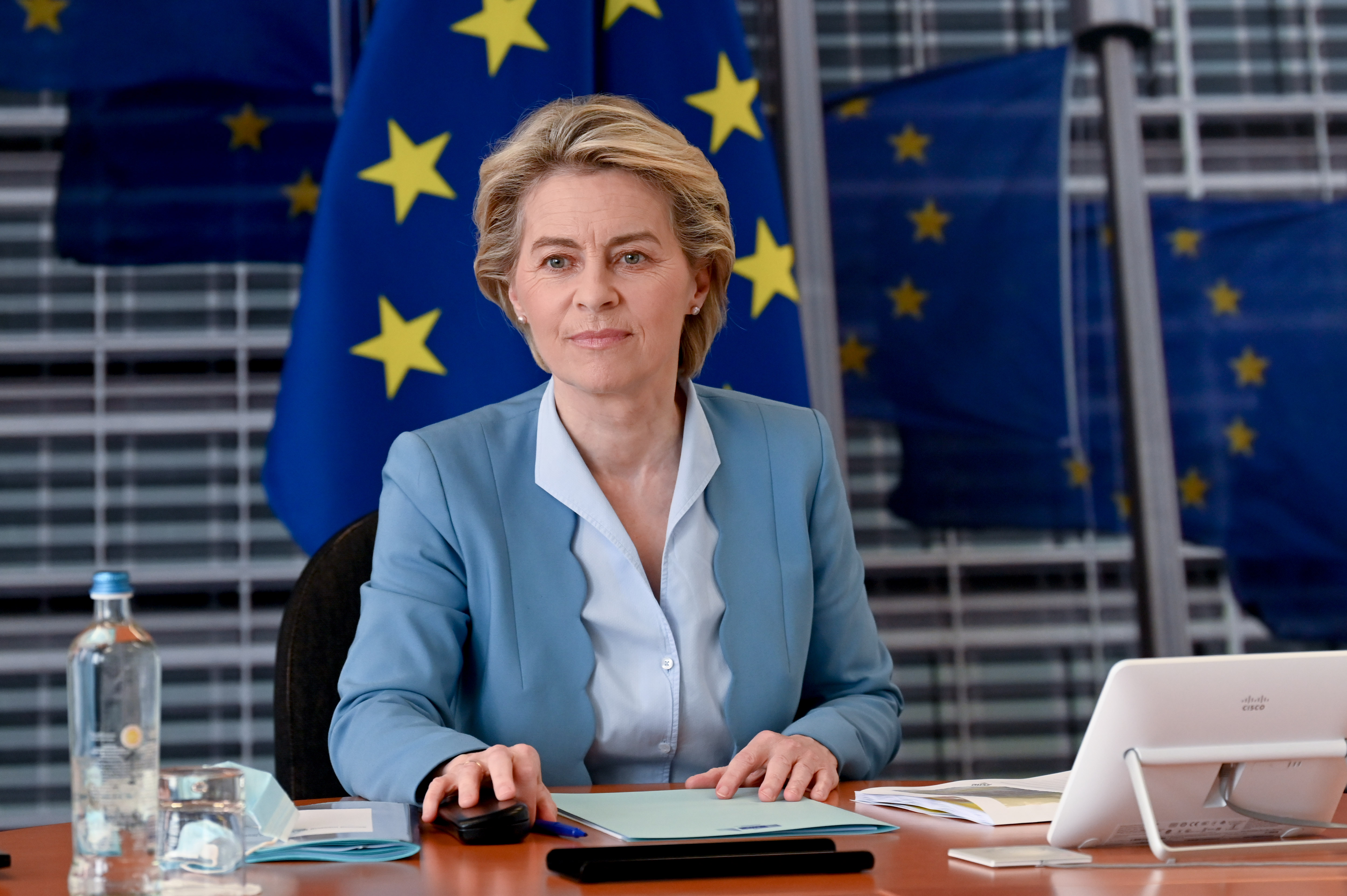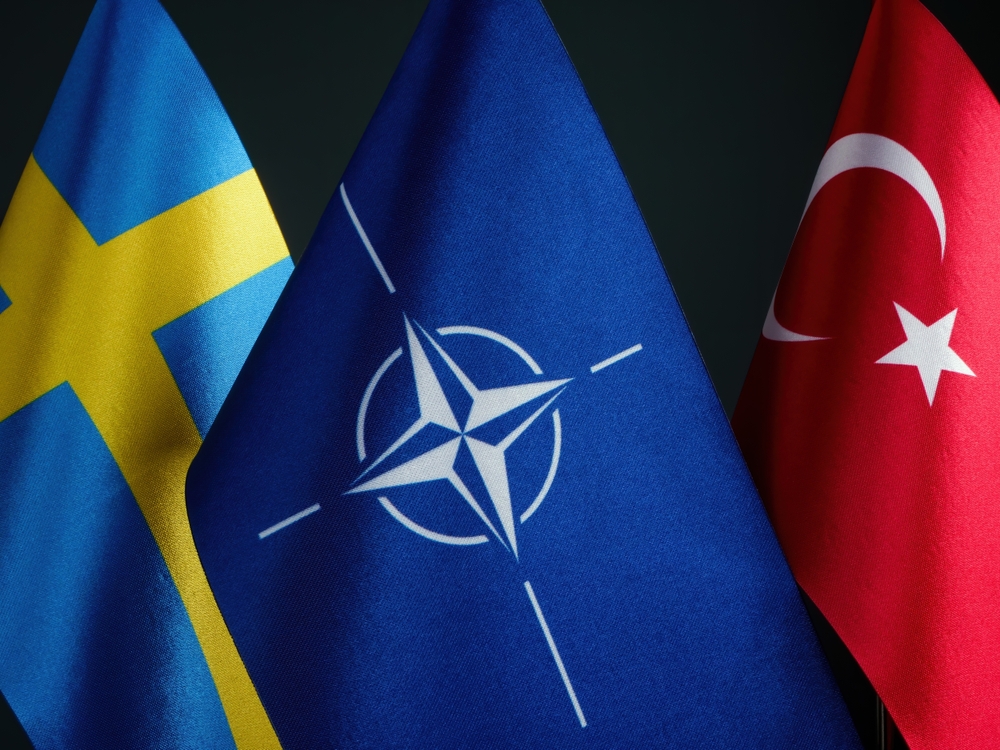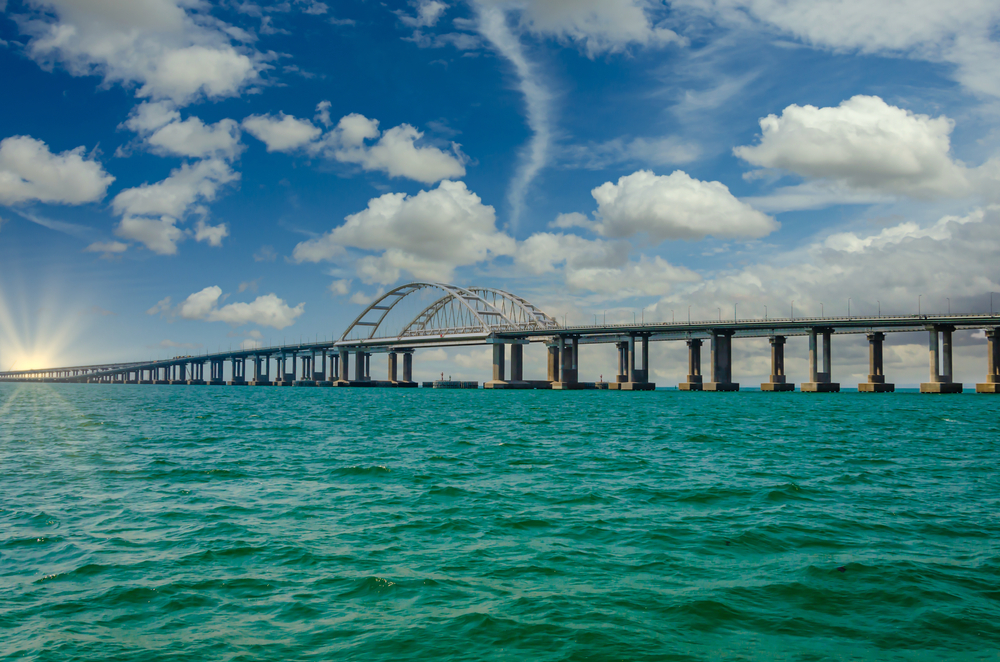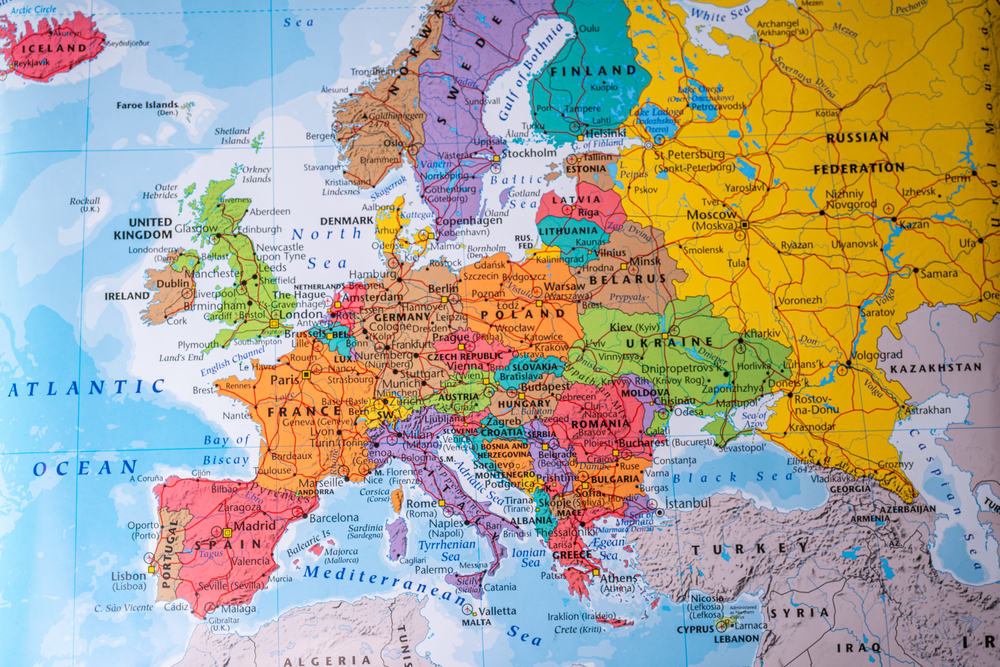Don’t Trust and Don’t Verify. New Normality for New START
by Alexander Yermakov
The steps taken by the parties following Russia’s suspension of the New START, signed in Prague in 2010, as well as statements made by key officials, make it possible to offer a cautious forecast of the medium-term future of arms control between the two leading nuclear superpowers. February freeze In late February, the consistent degradation of relations between Moscow and Washington has also affected strategic nuclear arms limitation: during his address to the Federal Assembly, Vladimir Putin voiced his decision to suspend the New START, which was promptly implemented with a respective law taking effect on February 28. Ironically, almost exactly two years earlier, the prolongation of the treaty was formalized (even a little quicker). It was not possible to reach agreement on prolonging the treaty with the Trump administration, so after Joe Biden’s arrival to the White House, the expiration of the New START was a couple of weeks away. As a result of the decision made, the validity of the Treaty was extended until February 5, 2026. However, despite such an optimistic start to the dialogue with the new administration, active work on the future of post-START strategic arms control never got underway. The reason was both the rather significant time specified in the treaty (that would expire during the next presidential tenures in the United States and Russia) and the long list of accumulated problems in the field of ensuring strategic stability. Russia was increasingly concerned about further limitations on strategic nuclear weapons, pointing to the nuclear missile capabilities of the America’s NATO allies—the United Kingdom and France, as well as to the growing countervailing capabilities (aimed at defeating the nuclear triad and control centers) of long-range precision non-nuclear weapons. Hand in hand with the latter was the expansion of NATO and the spread of its military infrastructure even closer to Russia’s borders. Another serious concern was an uncontrolled development of global ballistic missile defense (BMD), even if in the distant future. In the event of further reductions in Russia’s strategic forces, these factors could seriously undermine its confidence in the ability to launch a guaranteed retaliatory strike with a force sufficient to ensure reliable deterrence. On the other hand, the U.S. was reluctant to see further reductions in strategic nuclear weapons without them being linked to other issues. First and foremost, Washington is concerned about the radical growth of China’s nuclear capabilities—under the Trump presidency, Beijing’s inclusion in strategic arms control was, for some time, a mandatory condition for as much as extending the New START. Under the Biden administration, this issue was still in the initial stages, implying a softer touch, though it has never completely left the agenda and would probably rise to its full scale, should substantive negotiations commence. For two years by now, the U.S. top brass has been talking about the need “to deter two virtually equal adversaries simultaneously and independently”, as the most difficult and previously unprecedented challenge. Besides, Washington is concerned about Russia’s much larger and more advanced arsenal of tactical nuclear weapons. In the inception of a long journey possibly leading to a new agreement or a set of agreements, a format for a comprehensive bilateral dialogue on strategic stability was announced in June 2021. However, only two face-to-face meetings were eventually held within its framework, which was clearly not enough. Once the Ukrainian crisis broke out, the U.S. announced the suspension of this format. A simple coincidence also played a negative role in the fate of the treaty as inspections thereunder were suspended in the early 2020s through a coordinated decision due to the pandemic. They would probably have been reinstated if the situation were normal in 2022. The parties were already negotiating extra security measures until a sharp deterioration of bilateral relations affected this purely technical dialogue (which it was in the beginning). A separate problem was the Western sanctions against Russia that included a ban on commercial and government aircraft flights from Russia in the airspace of the Western nations. Although Washington later stated that it would have allowed an aircraft with inspectors on board to fly in, it seems that it could not guarantee operational approvals from its junior allies, which meant that the suddenness of inspections would have been compromised. In the very least, there is no talk of equality among the parties to the treaty. The comments made by the U.S. side that Russians could use commercial flights with connections in third countries cannot be seen as anything other than boorish. Consultations on finding a way out continued, when in August 2022 the U.S. side decided to cut the Gordian knot by notifying the Russian side of an urgent inspection as if everything had been resolved. Russia immediately responded to this “attempted assault” by suspending inspections. An opportunity to resolve the differences could arise during the meetings within a special format, the Bilateral Consultative Commission (BCC), which was to be held in Cairo, Egypt, in late November or early December, but Moscow refused to participate at the last moment. As a result, the New START was deprived of the main elements of compliance verification and the mechanism of conflict resolution. Amid this situation, the denunciatory voices of American lawmakers and hawks from other spheres were getting ever louder about Russia’s violation of the New START. After these steps had been taken, declaring a withdrawal from the treaty would seem a logical step to secure and legitimize the de-facto state of things. But the Russian authorities chose not to burn all boats and—instead of withdrawing from the treaty—suspended it, demonstrating readiness to resume participation. However, it must be admitted that the conditions put forward for resumption, namely “the repudiation of hostile policies towards Russia by the United States and its allies”, are rather vague while it is hard to imagine that their fulfilment can seriously be expected in the foreseeable future. The most important difference between the suspension of the New START and a complete withdrawal from the treaty was the cessation of “information exchange” within its framework while maintaining quantitative indicators of deployed carriers and warheads of strategic nuclear forces (SNF). (Not only do the parties exchange general quantitative indicators but they also regularly report on changes in the status of components in their nuclear forces.) Moscow has repeatedly emphasized this at all levels, from the initial presidential statement to statements on the part of lawmakers. The same is expected from Washington—in fact, even the first detailed official commentary on the suspension contained a call on the United States to “refrain from steps that could prevent the resumption of the New START Treaty.” The U.S. took a negative view of the Russian initiative, accusing Russia of violating the treaty and calling for a return to compliance. Yet, those accusations would have been released anyway. That said, administration officials tried to keep a calmer tone. In the following months, the United States announced that it would stop providing Russia with relevant information on the status of its strategic nuclear forces (SNF), but it did not formalize the suspension of the treaty, which drew ironic rebukes from Moscow. This may be due to Moscow’s reluctance to both break the New START and “legitimize” the format of “suspension” as the United States always claimed that Russia had no right to take such actions because they were not directly stipulated in the treaty. Recent statements of American speakers—in particular, the speech of National Security Advisor Jake Sullivan that drew a lot of attention in the field and among Russian politicians—make us think that Washington, as of today and in the short term, has resigned itself to the current state of affairs. It appears that the Biden administration will not formally withdraw from the treaty and will be fighting any attempts on the part of lawmakers to force it to do so. Washington, like Moscow, has repeatedly emphasized that it does not plan to exceed the stipulated ceiling of deployed strategic nuclear forces, proposing to think about agreements for the post-START period, separating strategic arms control from the broader scope of problematic issues in relations. Fashion for the 1980s Although some Russian speakers have criticized Sullivan’s references to the times of the Cold War, when the two countries were engaged in arms control despite their confrontation, we see in fact a situation that closely resembles the fate of the 1979 Treaty on the Limitation of Strategic Offensive Arms (SALT-2). The agreement, which has no legal basis for political reasons, continues to be implemented as mutually beneficial from a practical point of view. In the absence of an inspection regime, the parties have no other option but to do business on trust: It is particularly ironic since mutual trust has been at a very low ebb. A similar situation could be observed in the 1970s and 1980s. Despite some détente in the Cold War throughout the 1970s, direct on-site inspections were unthinkable. Concluding the 1972 Provisional USSR-U.S. Agreement on Certain Measures to Limit Strategic Offensive Arms (better known as SALT-1, although it would be more pertinent to include the ABM Treaty in that acronym), the parties undertook a five-year cessation of the quantitative build-up of launchers for intercontinental ballistic missiles (ICBMs) and ballistic missile submarines (SSBNs). To monitor compliance, it was proposed to use “national technical means of verification,” a mild euphemism for satellite reconnaissance. To clarify that this involved nothing more, it was stated that means of control should only be used “in a manner consistent with the generally recognized principles of international law”: Only 10 years had passed since the failed flight of F. Powers, so aerial espionage was a very real threat. On the other hand, the countries pledged not to interfere with each other’s satellite reconnaissance, including measures of structural and facility camouflage. It is noteworthy that these articles had been migrating from one agreement to the other until the New START, where they are quoted verbatim (except for the clarification that ICBM camouflaging was permitted on a limited scale). It was emphasized in the very name and text of SALT-1 that the treaty was temporary, pending the conclusion of a more profound agreement. In June 1979, the Strategic Arms Limitation Treaty (SALT-2) was signed, and that one already stipulated specific numerical caps and even an onset of a cautious process of arms reduction. However, U.S. lawmakers—partly because of the domestic struggle with the Carter administration, partly because of their hawkish views and distrust of the USSR—began to oppose the entry of this treaty into force quite vibrantly. One of the most important reasons for criticism was the lack of effective verification tools, which was more important than before, since not just the carriers were limited, but partly also their combat load. In October, a big stir caused by an “unexpected discovery” of a Soviet brigade in Cuba played out, while Soviet troops were marched into Afghanistan on December 25. Under those circumstances, in the year of presidential election, it was political suicide to continue insisting on the ratification of SALT-2, and Jimmy Carter told the Senate a week later that he no longer thought it necessary because of the altered environment. However, neither this, nor the arrival of Ronald Reagan in the White House a year later, who being one of the most convinced anti-Soviet American presidents opposed the treaty during his campaign, prevented its de-facto observance, even if not de-jure. SALT-2 was to remain in force until late 1985, when it was to be replaced by a more substantive treaty. The initial total number of carriers was limited to 2,400, and to 2,250 by early 1981. The USSR, which declared 2,504 carriers at the time of signing, had to reduce a small part of that fleet in two stages, which it did not do, given the U.S. refusal to ratify the treaty. Even so, the Soviet Union did not exceed the initial quantitative cap, while actively replacing obsolete systems with new, more advanced ones. The U.S. was initially within the limits (declaring 2,284 carriers at the time of the conclusion) and exited them at the end of November 1986 in the process of rearming the B-52 family of bombers with new cruise missiles. Thus, absurd as it may seem, the treaty, while not finalized, was quite successful. Yes, there were mutual reproaches within its framework such as when the USSR openly played the hypocrite by presenting the mobile ICBM RT-2PM Topol (SS-25 «Sickle») system as a simple upgrade of the old RT-2P (SS-13 «Savage») missile, and the U.S. began “research” towards a global missile defense system. Yet, these actions were a lame excuse for an aggressive demarche by the opposite side in the form of initiating a large-scale, dangerous conflict through an attempt to create a preponderant quantitative build-up of strategic nuclear forces. In all candor, U.S. military argued that Topol was violating the letter of SALT-2, while strengthening strategic stability because that system was optimized for dealing a retaliatory strike. However, such “business on trust” had limited potential, especially in the midst of a chronically negative attitude of U.S. lawmakers towards this approach to strategic relations with the USSR, as congressmen were looking for an excuse to publicly bash the “naïve” executives, who were outsmarted once again. As in the case of SALT-2, the agreements that the U.S. presses for sometimes fall victim to political games. Under the Reagan administration, the U.S. began pushing for detailed on-site inspections that should accompany the agreements on strategic arms control and reduction. The motto of the U.S. side was “trust but verify” as the American president asked his advisors to collect Soviet jokes and traditional Russian sayings for him to make an impression during the negotiations. He liked the phrase “Doveryai no proveryai” (“trust but verify”) so much that he kept reiterating it time and again so that Mr. Gorbachev seemed to be sick of hearing it. Time wheel Since then, U.S. interest in the inspection of strategic arms reduction agreements has not diminished. The collapse of the USSR and subsequent events could not help but play a role in this as one can still find the opinion that only a watchful oversight from overseas saved the Soviet nuclear legacy from being “dragged apart”. In the professional community, there even remains the maxim that “the U.S. wants inspections to be included in the START, while Russia needs caps.” It seems that the U.S., for the near future, is losing the part of the treaty that it values so much, which is surely fraught with its complete cancellation on its own initiative. At least, the “hawkish” part of the political leadership is already calling for this move—thus, in May, a bill under the telling title “No START Treaty Act” was entered in the Senate: It requires that the country officially withdraw from the New START no later than one year after the document’s approval. The given bill is interesting in its own right as a likely vision of arms control by Washington hawks, but it is worth being considered only if it gets further traction in Congress. What about the caps and why are they important for Russia, as the simplified formula from above suggested? Although there is no objective of maintaining strict quantitative parity with the U.S. in all parameters of the SNF, a significant superiority of the opponent in the number of SNFs would threaten the deterrence by maintaining the capabilities for dealing a retaliatory strike with the desired power, especially given U.S. allies possessing nuclear potential as well as a significant arsenal of non-nuclear cruise missiles. In the future, that may be accompanied by non-nuclear medium-range ballistic / hypersonic missiles. In this situation, limiting the upper ceiling (cap) of the Strategic Nuclear Defense Forces allowed more funds to be allocated for conventional weapons—obviously, this issue has only become more pressing for Russia over the past year. The START caps have not been fully used. According to the latest data, as of 1 September 2022, Russia had 540 deployed carriers out of 700 permitted under the Treaty. It is possible to commission 10 more Borey-type submarine missile carriers in one go, in compliance with within the agreed limits. Certainly, there is the issue of warheads, where Russian SNF is close to the permitted upper limits, but they could be distributed more evenly in the formation of the triad, increasing overall stability. In any case, this parameter is likely to decrease in the near future with the withdrawal of the heavy R-36M2 Voyevoda (SS-18 Mod 6 «Satan») ICBMs. In the conditions of preserved military nuclear complex, warheads are a lot less costly than carriers. It is not surprising that Russia currently has no need to announce plans to launch a quantitative strategic nuclear missile arms race, so that military expenditures could easily be reallocated to meet other urgent needs. The U.S. is also incapable of any significant build-up of arsenals in the medium term: In reality, they can only begin the process of refitting Minuteman III ground-based ICBMs from one warhead to three warheads, increasing the load of Ohio-class submarines from 20 to 24 Trident II missiles and refitting them with more warheads. Yet, the former would take a long time and would be visible, while this would probably be possible on only a fraction of the fleet. In response, Russia would also upgrade its missiles, so the benefit would be minimum. The option of increasing the strike power of the submarine component in the nuclear triad seems alluring for the United States, but the availability of “backup” warheads is then in question. Given the collapse of the U.S. military nuclear complex and plans to resume the serial production of thermonuclear charges in the early 2030s at best, it is unlikely that U.S. warehouses are bursting with serviceable warheads. In this situation, the scenario when both parties will generally continue to adhere to the provisions of the New START for as long as it is effective and maybe even longer, despite regular mutual reproaches, looks quite plausible, as in the case of SALT-2. Deputy Foreign Minister Ryabkov, speaking at the PIR Center, commented negatively on Sullivan’s proposals and noted that it might be worthwhile not to try create a complex treaty in strategic arms control including an inspection regime but rather to embark upon the path of “parallel unilateral self-restrictions.” After all, the largest initiative in history to reduce nuclear arsenals was just that. We are not talking about a series of STARTs—this rather refers to the elimination of huge arsenals of tactical nuclear weapons, whereby, by foreign estimates, the U.S. would get rid of all but a relatively small number of B61 bombs, whereas Russia would reduce them by some 90 per cent relative to the late Soviet Union levels (while still maintaining a significant advantage over anyone else in the end). In the late 2020s, however, the much-delayed radical upgrading of the U.S. nuclear triad should start bearing fruit, whereas Washington will be a lot more concerned over Beijing’s burgeoning arsenal. Today, it is difficult to predict which way to maintain strategic stability can be found in the new architecture of relations between the nuclear powers, which is much more complex than the U.S.-Soviet system. Perhaps, the future lies in the dialogue between the five major nuclear powers, which continues even at this challenging time, with the presidency just passed on to Russia.
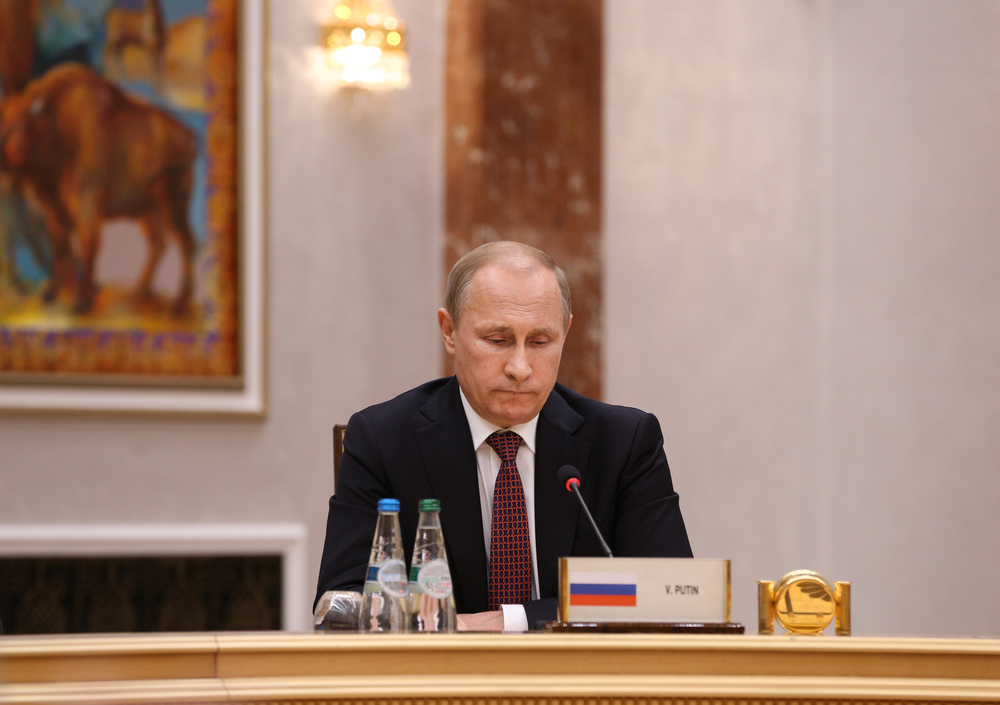









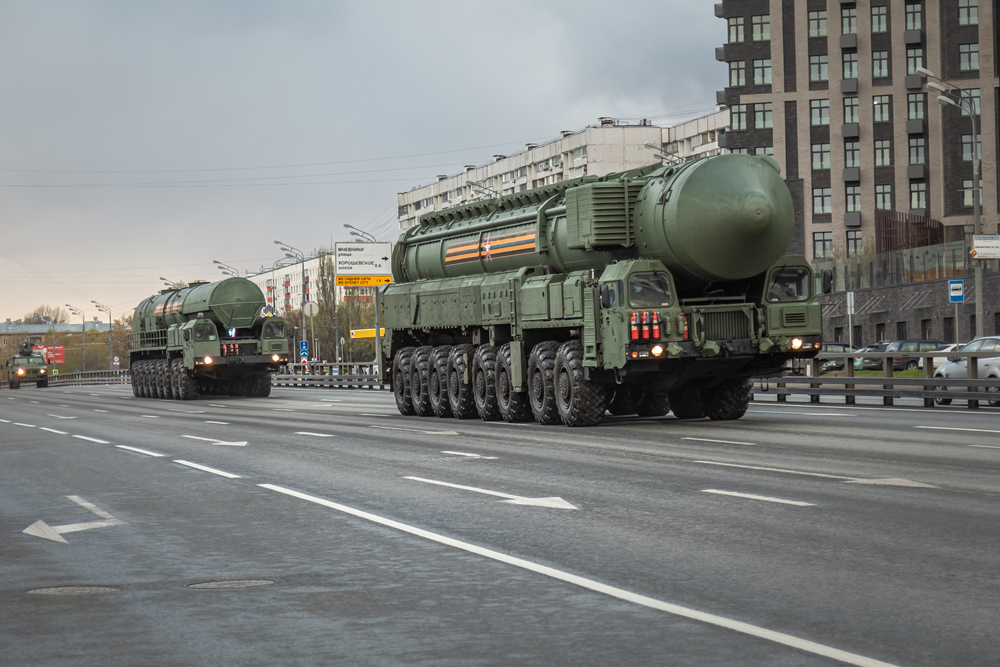
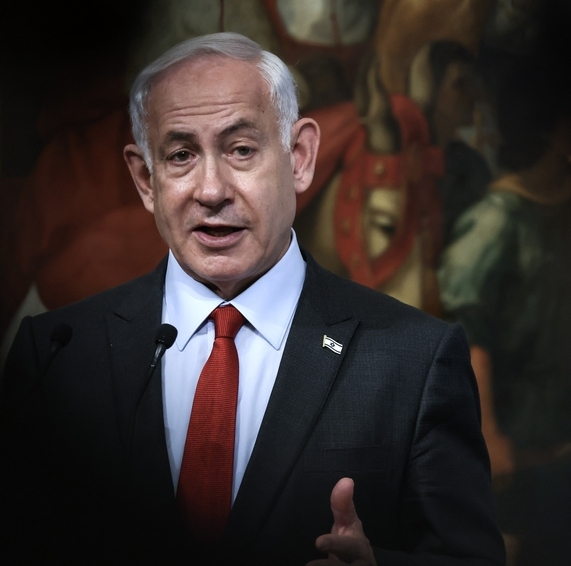
 Versus the Powers that Be-THUMBNAIL.jpg)

